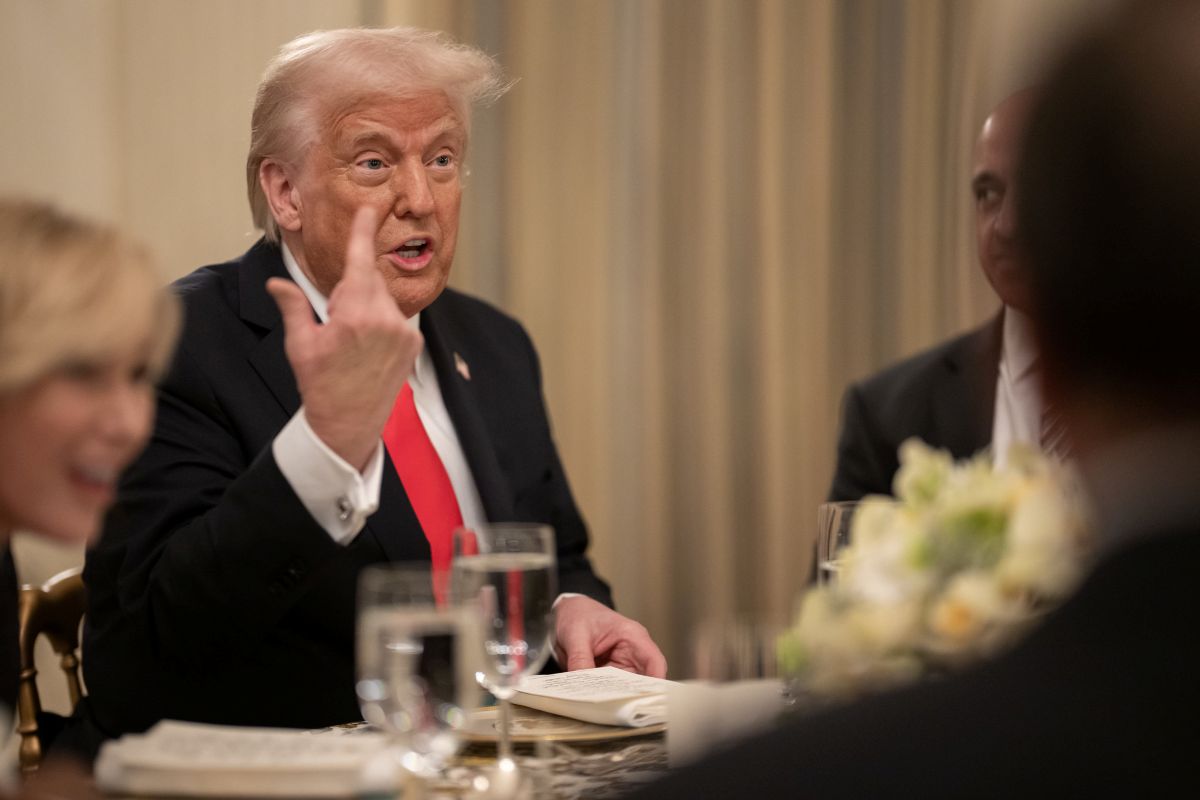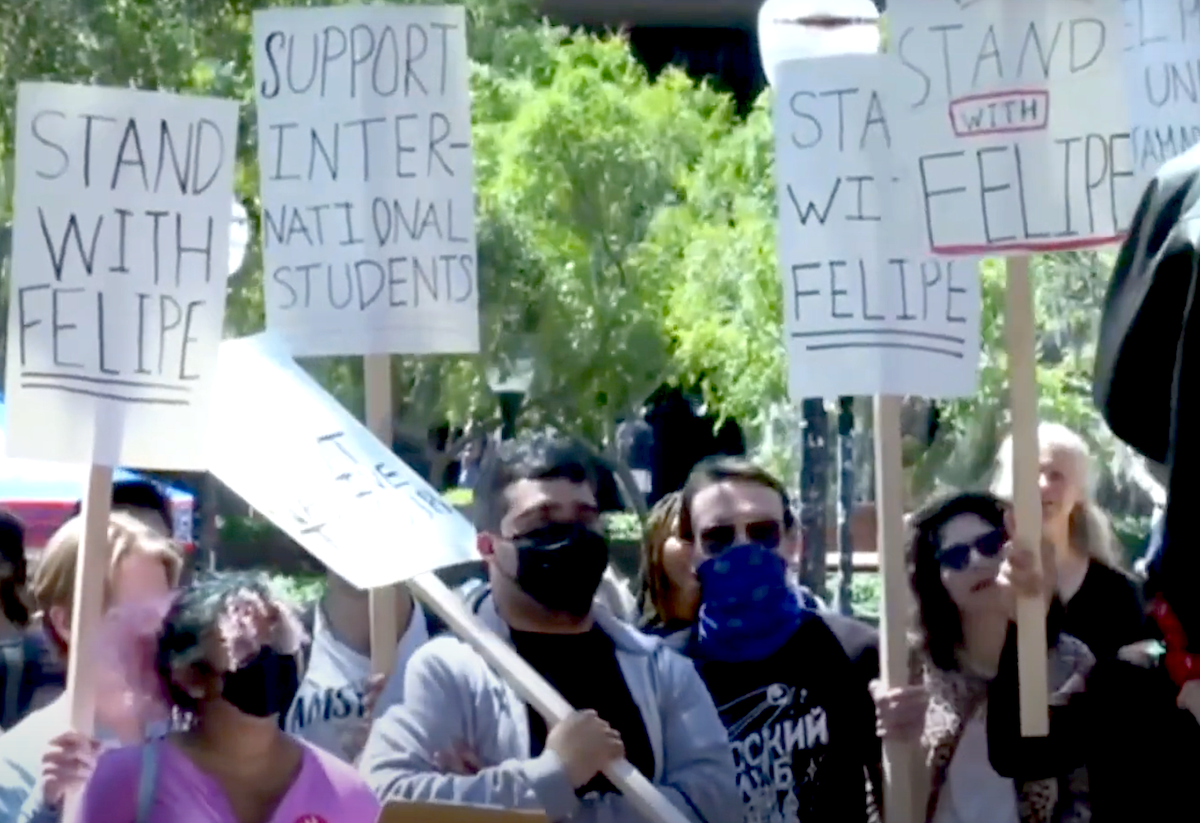Schiff Calls for Big Tech Censorship in 2024 Election
Rep. Adam Schiff, a Democrat from California, is calling on major technology companies, including Meta, X, TikTok, and Google, to take action against what he terms “misinformation” ahead of the upcoming election. In a recent letter to these tech giants, he expressed concerns about the spread of false information that could threaten democracy, citing a study from NYU that identified the distribution of harmful content as a significant risk for the upcoming elections. Schiff is particularly focused on increasing transparency and altering platform policies to differentiate between users who spread misinformation and others.
However, this demand for censorship comes with controversy, as Schiff himself has been accused of spreading election misinformation during the Trump-Russia investigation. He previously claimed to have seen substantial evidence linking Trump to Russian interference, a claim later debunked by various investigations, including one led by Special Counsel Robert Mueller, which found no such evidence. Additionally, during the Nunes memo controversy, Schiff pressured tech companies to limit the reach of accounts he alleged were linked to Russian operatives—claims which lacked substantiated evidence.
This situation raises questions about the balance between combating misinformation and protecting free speech, especially in light of past instances where federal officials, including those at the FBI, influenced platforms like Facebook to censor certain stories, such as the Hunter Biden laptop controversy, under the guise of preventing foreign interference.
Rep. Adam Schiff, D-Calif., is demanding Big Tech censor so-called “misinformation” and “disinformation” ahead of the election. But just eight years ago Schiff spread the most damaging election misinformation ever — the Russia collusion hoax.
In a letter sent Monday to the CEO’s of several tech giants, including Meta, X, TikTok, and Google, Schiff demanded to know how the companies would censor free speech in order to save “democracy.”
“We write to your platforms as concerned Members of Congress, seeking further information about your preparation for and response to the spread of misinformation and disinformation,” the letter begins. “As the technology on social media platforms rapidly expands, companies must redouble their efforts to combat issues that threaten our democracy.”
The letter cites a study from NYU Stern Center for Business and Human Rights that says “distribution of false, hateful, and violent content” is a “threat” to this year’s election.
Schiff goes on to lament that platforms “have not increased their transparency for external groups who can aid in monitoring election information.” Schiff asks the companies whether they will change their policies between now and Election Day and how they will treat users who spread “mis- and disinformation” “differently” than “ordinary users.”
The letter was signed by seven of Schiff’s Democrat colleagues.
But for years Schiff leveraged his role as the ranking member of the House Intelligence Committee to leak unsubstantiated allegations and misleading information to the media about former President Donald Trump’s alleged involvement with Russia.
Schiff claimed on MSNBC in 2017 that “there is more than circumstantial evidence now” linking the Trump campaign to Russia. He later told CNN he had seen “the kind of evidence” a grand jury would want to see. Schiff also told CNN there was “damning” evidence of collusion.
It was later discovered that the FBI obtained a surveillance warrant against Carter Page, a former Trump campaign staffer, via a secret FISA court. The FBI, according to the report from former Intelligence Committee Chairman Devin Nunes, never disclosed to the court that Christopher Steele — who was behind the discredited “Steele Dossier” — was a spy. Schiff issued a counter-memo in 2018 that “contradicted reality,” as explained by my colleague Margot Cleveland.
Schiff falsely claimed the “FBI and DOJ officials did not ‘abuse’ the [FISA] process, omit material information, or subvert this vital tool to spy on the Trump campaign.”
When social media users began demanding Republicans #ReleaseTheMemo (the Nunes memo, to be clear), Schiff launched a campaign that called for major tech companies to “expose” and “deactivate” the accounts, falsely asserting the accounts were linked to foreign operatives. It was later uncovered by Matt Taibbi that Twitter executives could not identify “any significant activity connected to Russia.”
A report by Special Counsel Robert Mueller also later found no evidence of collusion between the Trump campaign and Russia, despite Schiff’s persistent claims that he had seen “damning” evidence of such collusion.
Schiff’s letter comes just weeks after Meta CEO Mark Zuckerberg admitted that Facebook was pressured by the federal government to suppress free speech ahead of the 2020 election. Zuckerberg explained how federal officials within the FBI worked with Facebook to censor the Hunter Biden laptop story. Officials had previously told Facebook to be on the lookout for a dump of Russian “propaganda,” which Zuckerberg later told podcast host Joe Rogan was interpreted to include the laptop story. But Zuckerberg, in his letter to the House Judiciary Committee, said the report on the laptop was “not Russian disinformation, and in retrospect, we shouldn’t have demoted the story.”
Zuckerberg also told the House Judiciary Committee that “senior officials from the Biden Administration, including the White House, repeatedly pressured our teams for months to censor certain COVID-19 content, including humor and satire, and expressed a lot of frustration with our teams when we didn’t agree.”
“I regret that we were not more outspoken about it,” Zuckerberg wrote. “I also think we made some choices that, with the benefit of hindsight and new information, we wouldn’t make today. We’re ready to push back if something like this happens again.”
The reality is, as noted by my colleague John Daniel Davidson, misinformation and disinformation aren’t actually real, they are “Soviet terms that relate to psychological warfare.”
For more election news and updates, visit electionbriefing.com.
Brianna Lyman is an elections correspondent at The Federalist. Brianna graduated from Fordham University with a degree in International Political Economy. Her work has been featured on Newsmax, Fox News, Fox Business and RealClearPolitics. Follow Brianna on X: @briannalyman2
" Conservative News Daily does not always share or support the views and opinions expressed here; they are just those of the writer."





Now loading...